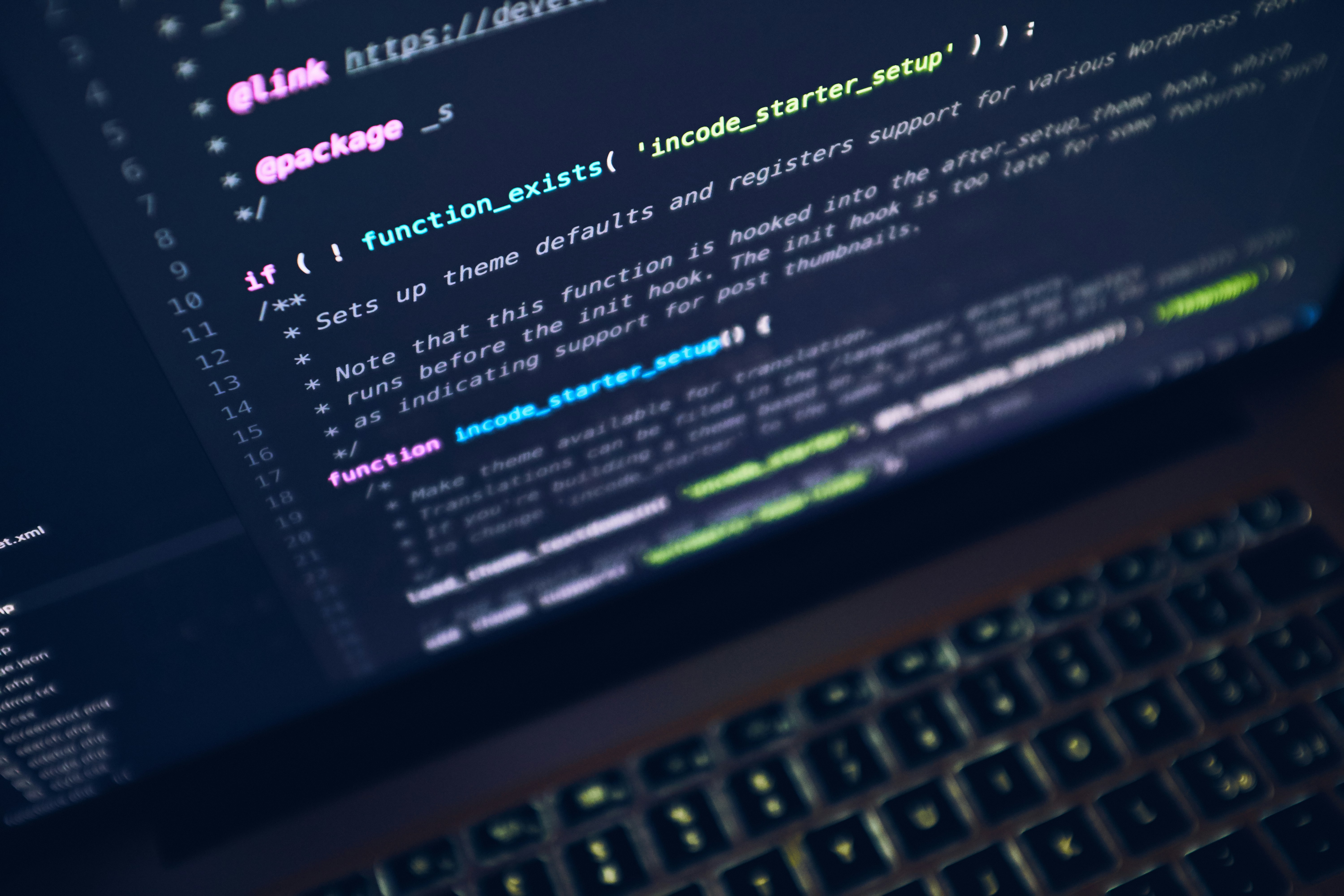Recent
Recent
Recent
Explore Topics
Explore Topics
Explore Topics
Poll: Republicans Get More Blame for Potential Shutdown
A new poll shows more Americans blame Republicans for a potential government shutdown, even as President Trump's approval remains low and Democrats in Congress face weaker public support. The government is set to shut down at midnight on September 30.



Public Frustration Grows as Shutdown Nears
Washington is on the brink of a government shutdown as lawmakers remain deadlocked over a federal funding bill. The government is set to run out of money at midnight on September 30, 2025.
A new NPR/PBS News/Marist poll highlights widespread public dissatisfaction with all parties involved. While President Trump’s approval rating remains low, Democrats in Congress have even weaker public support, with just one in four Americans approving of their performance.
Despite this, the poll indicates that more of the public is prepared to blame Republicans than Democrats for a potential shutdown, placing significant pressure on the GOP to find a resolution.
Key Political Dynamics
Low Approval Ratings: Both President Trump and congressional Democrats are facing low public approval, signaling broad frustration with Washington.
Blame Game: The GOP faces more public blame for a potential shutdown, complicating their negotiating position.
Midnight Deadline: Federal funding expires tonight, forcing a partial shutdown of government services if no deal is reached. For real-time updates, the White House has established a “Government Shutdown Clock.”
Public Frustration Grows as Shutdown Nears
Washington is on the brink of a government shutdown as lawmakers remain deadlocked over a federal funding bill. The government is set to run out of money at midnight on September 30, 2025.
A new NPR/PBS News/Marist poll highlights widespread public dissatisfaction with all parties involved. While President Trump’s approval rating remains low, Democrats in Congress have even weaker public support, with just one in four Americans approving of their performance.
Despite this, the poll indicates that more of the public is prepared to blame Republicans than Democrats for a potential shutdown, placing significant pressure on the GOP to find a resolution.
Key Political Dynamics
Low Approval Ratings: Both President Trump and congressional Democrats are facing low public approval, signaling broad frustration with Washington.
Blame Game: The GOP faces more public blame for a potential shutdown, complicating their negotiating position.
Midnight Deadline: Federal funding expires tonight, forcing a partial shutdown of government services if no deal is reached. For real-time updates, the White House has established a “Government Shutdown Clock.”
Public Frustration Grows as Shutdown Nears
Washington is on the brink of a government shutdown as lawmakers remain deadlocked over a federal funding bill. The government is set to run out of money at midnight on September 30, 2025.
A new NPR/PBS News/Marist poll highlights widespread public dissatisfaction with all parties involved. While President Trump’s approval rating remains low, Democrats in Congress have even weaker public support, with just one in four Americans approving of their performance.
Despite this, the poll indicates that more of the public is prepared to blame Republicans than Democrats for a potential shutdown, placing significant pressure on the GOP to find a resolution.
Key Political Dynamics
Low Approval Ratings: Both President Trump and congressional Democrats are facing low public approval, signaling broad frustration with Washington.
Blame Game: The GOP faces more public blame for a potential shutdown, complicating their negotiating position.
Midnight Deadline: Federal funding expires tonight, forcing a partial shutdown of government services if no deal is reached. For real-time updates, the White House has established a “Government Shutdown Clock.”



The Core of the Disagreement
The immediate cause of the stalemate is the Senate's failure to advance a funding bill already passed by the House of Representatives.
The House passed what is known as a “clean continuing resolution (CR),” which would fund the government at current levels through November 21, 2025. This type of stopgap measure is typically used to provide more time for detailed budget negotiations.
Democratic Opposition
Senate Democrats have refused to support the clean CR, demanding that several policy changes be included in any funding package. According to reports, their preconditions reflect pressure from the progressive wing of the party and include:
Resuming welfare payments for illegal aliens.
Reversing tax cuts previously passed by the GOP.
Republicans argue these are “unpopular and unreasonable requests” and accuse Democrats of manufacturing a crisis by blocking a funding bill they would have otherwise supported. At least seven Democratic senators are needed to bypass the filibuster, making bipartisan support essential.
The Core of the Disagreement
The immediate cause of the stalemate is the Senate's failure to advance a funding bill already passed by the House of Representatives.
The House passed what is known as a “clean continuing resolution (CR),” which would fund the government at current levels through November 21, 2025. This type of stopgap measure is typically used to provide more time for detailed budget negotiations.
Democratic Opposition
Senate Democrats have refused to support the clean CR, demanding that several policy changes be included in any funding package. According to reports, their preconditions reflect pressure from the progressive wing of the party and include:
Resuming welfare payments for illegal aliens.
Reversing tax cuts previously passed by the GOP.
Republicans argue these are “unpopular and unreasonable requests” and accuse Democrats of manufacturing a crisis by blocking a funding bill they would have otherwise supported. At least seven Democratic senators are needed to bypass the filibuster, making bipartisan support essential.
The Core of the Disagreement
The immediate cause of the stalemate is the Senate's failure to advance a funding bill already passed by the House of Representatives.
The House passed what is known as a “clean continuing resolution (CR),” which would fund the government at current levels through November 21, 2025. This type of stopgap measure is typically used to provide more time for detailed budget negotiations.
Democratic Opposition
Senate Democrats have refused to support the clean CR, demanding that several policy changes be included in any funding package. According to reports, their preconditions reflect pressure from the progressive wing of the party and include:
Resuming welfare payments for illegal aliens.
Reversing tax cuts previously passed by the GOP.
Republicans argue these are “unpopular and unreasonable requests” and accuse Democrats of manufacturing a crisis by blocking a funding bill they would have otherwise supported. At least seven Democratic senators are needed to bypass the filibuster, making bipartisan support essential.



Impact on Federal Services and Workers
A shutdown would disrupt numerous federal functions, though essential services would continue to operate.
Federal agencies are now preparing for a lapse in appropriations, following guidance from the Office of Management and Budget.
What Shuts Down?
Non-essential government functions will be halted, impacting Americans nationwide. These include:
National Parks and Museums: Most will close to the public.
Assistance Programs: Some nutrition and housing assistance could be disrupted.
Federal Agencies: Agencies like the EPA and IRS will see most of their staff furloughed, slowing down services like environmental inspections and tax assistance.
Social Security and Medicaid: While payments are expected to continue, administrative and support services may be delayed.
What Stays Open?
Essential services vital to national security and public safety will remain active. This includes law enforcement, emergency medical care, border security, and disaster relief efforts.
Congressional offices, like that of Rep. Brittany Pettersen, are providing resources and guidance for constituents who may be affected by the disruption in federal services.
Impact on Federal Services and Workers
A shutdown would disrupt numerous federal functions, though essential services would continue to operate.
Federal agencies are now preparing for a lapse in appropriations, following guidance from the Office of Management and Budget.
What Shuts Down?
Non-essential government functions will be halted, impacting Americans nationwide. These include:
National Parks and Museums: Most will close to the public.
Assistance Programs: Some nutrition and housing assistance could be disrupted.
Federal Agencies: Agencies like the EPA and IRS will see most of their staff furloughed, slowing down services like environmental inspections and tax assistance.
Social Security and Medicaid: While payments are expected to continue, administrative and support services may be delayed.
What Stays Open?
Essential services vital to national security and public safety will remain active. This includes law enforcement, emergency medical care, border security, and disaster relief efforts.
Congressional offices, like that of Rep. Brittany Pettersen, are providing resources and guidance for constituents who may be affected by the disruption in federal services.
Impact on Federal Services and Workers
A shutdown would disrupt numerous federal functions, though essential services would continue to operate.
Federal agencies are now preparing for a lapse in appropriations, following guidance from the Office of Management and Budget.
What Shuts Down?
Non-essential government functions will be halted, impacting Americans nationwide. These include:
National Parks and Museums: Most will close to the public.
Assistance Programs: Some nutrition and housing assistance could be disrupted.
Federal Agencies: Agencies like the EPA and IRS will see most of their staff furloughed, slowing down services like environmental inspections and tax assistance.
Social Security and Medicaid: While payments are expected to continue, administrative and support services may be delayed.
What Stays Open?
Essential services vital to national security and public safety will remain active. This includes law enforcement, emergency medical care, border security, and disaster relief efforts.
Congressional offices, like that of Rep. Brittany Pettersen, are providing resources and guidance for constituents who may be affected by the disruption in federal services.
What are the main demands of Democrats in Congress?
According to the report, Senate Democrats are demanding several policy changes before they agree to fund the government. These include resuming welfare payments for illegal aliens and reversing previous tax cuts enacted by the GOP. They are leveraging the funding deadline to push these progressive policy priorities.
What are the main demands of Democrats in Congress?
According to the report, Senate Democrats are demanding several policy changes before they agree to fund the government. These include resuming welfare payments for illegal aliens and reversing previous tax cuts enacted by the GOP. They are leveraging the funding deadline to push these progressive policy priorities.
What are the main demands of Democrats in Congress?
According to the report, Senate Democrats are demanding several policy changes before they agree to fund the government. These include resuming welfare payments for illegal aliens and reversing previous tax cuts enacted by the GOP. They are leveraging the funding deadline to push these progressive policy priorities.
How might a government shutdown impact seniors and veterans?
How might a government shutdown impact seniors and veterans?
How might a government shutdown impact seniors and veterans?
What are the potential long-term effects of a government shutdown?
What are the potential long-term effects of a government shutdown?
What are the potential long-term effects of a government shutdown?
How have previous government shutdowns affected the economy?
How have previous government shutdowns affected the economy?
How have previous government shutdowns affected the economy?
What are the main points of disagreement between Republicans and Democrats?
What are the main points of disagreement between Republicans and Democrats?
What are the main points of disagreement between Republicans and Democrats?














